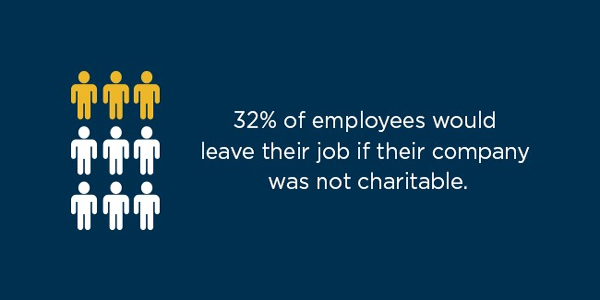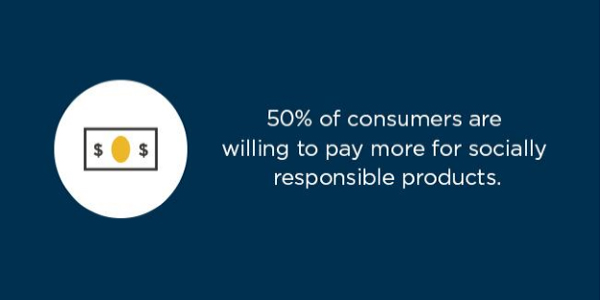- +91 92950 02371
- csr@crsgloblatrust.org
- Hyderabad,Delhi,USA

People want to work at companies they can be passionate about, and one way to do it is through volunteer and donation opportunities. According to Forbes, 32% of employees would seriously consider leaving their job if their company gave little to no money to charity.
Standing out from the competition can be challenging when the marketplace is already crowded. However, companies that demonstrate an obligation to various philanthropic causes are generally perceived as more marketable than companies whose social responsibility activities are seemingly nonexistent. Thus, the marketing of social responsibility is important for businesses that want to keep or attract consumers with mindsets toward the environment, social issues, and economic growth.


Now more than ever, consumers (especially the Millennial generation) increasingly expect brands to not just have functional benefits, but a social purpose, too. A Nielsen Global Survey on Corporate Social Responsibility found that 50% of global consumers are even willing to pay more for socially responsible products.
As they are helping fund companies, investors naturally want to know that their money is being used properly. One study report that 83% of professional investors are more inclined to invest in stock of a company well known for its social responsibility. These reasons, and countless others, show just how important social responsibility is in business.

Copyright 2020 © csrglobaltrust.com
